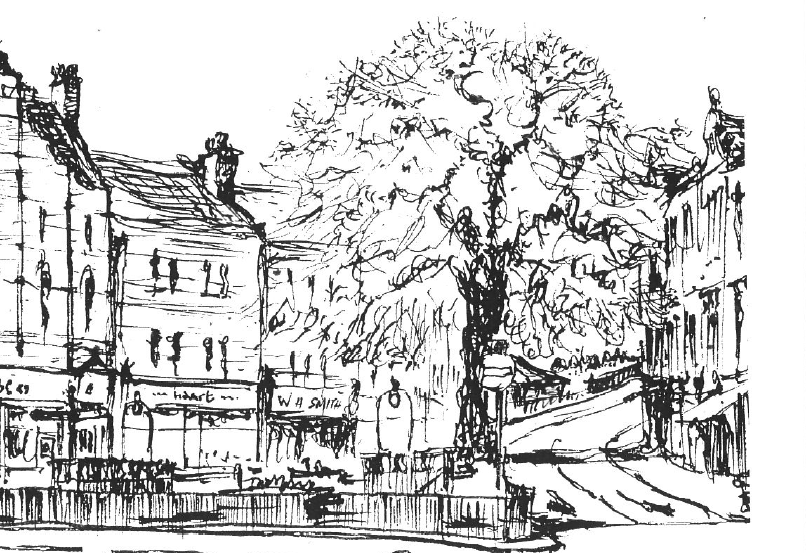If you were a child (or even an adult) in Palmers Green between 1925 and the early 1980s, chances are that a highlight of a visit to Broomfield Park would have been a nose around Broomfield House Museum.
“The idea of setting up a museum was first proposed in around 1912 by a Councillor Carpenter”, explains Peter Brown of the Broomfield Museum Trust, the small charity which was set up to keep alive the idea of a museum following the fire at the house in the 1980s.
“The move had followed a landmark case in Sunderland where it had been ruled that a museum could be set up in a public park (and fall within the legal definition of being for the ‘public benefit’) provided that it did not exceed one 10th of the area of the park.”
Opened in 1925, the museum was based on a collection of gifts of local people.
“It wasn’t intended to be a highly prestigious collection. It was a place you could take children. There was a stuffed fox, stuffed fish, a working beehive, a chest of narrow drawers with lots of butterflies and moths – children loved exploring it.”
Some of the contents of the museum were lost in the 1984 fire; others are now thought to be at Forty Hall.
The other cause for many visits to the house was of course the murals on the great staircase. We know them as the Lanscroon murals today, but according to the book Village London, first published in the 1880s, it was once thought that they were the work, not of Gerard Lanscroon, but of a much more famous artist, Sir James Thornhill (famous for his work at Greenwich Hospital, Chatsworth and his scenes from the life of St Paul in the cupola of St Paul’s Cathedral)
“The ceiling had floating angels and a beautiful lady who held a carpenters plane,” says Peter. “But why is a matter of conjecture.”
“Perhaps the Duke of Chandos may have lived at Broomfield House for a time; Chandos had ambitions to be warden of Enfield Chase and in 1728 he succeeded.”
“The lady may have been an allusion to Judith Jackson who owned Broomfield House; the plane may indicate that she was responsible for the staircase and the extension to the house where it was situated. It was rumoured that Chandos had ambitions to entertain George II at the house, and perhaps the murals were part of the preparation. Unfortunately Chandos never realised his ambition.”
Though the house is currently dilapidated, hopes for its restoration have been recently revived with the new £4 million bid to the Heritage Lottery Fund by Enfield Council in conjunction with the Friends of Broomfield Park. Meanwhile, the Broomfield Museum Trust continues mainly as a publisher of pamphlets, drawing on their research on the area.
Peter Brown will be speaking on the history of Broomfield Park on 24 January at Trinity at Bowes. The talk starts at 2pm and is an event not to be missed.
Peter will also be speaking on Overend and Gurney and the history of Chitts Hill, a now long lost great house in Wood Green, at the Edmonton Hundred Day Conference at Jubilee Hall Enfield on 27th October.
A full list of the Trusts books and leaflets about the area can be obtained by writing to the Trust c/o 37 Belsize Avenue, N13 4TL.

2 replies on “Trusted memories of the museum”
Hi Brian, yes indeed, lots of people are saddened by the sight of the house in such a state and will agree with you. Lets hope the current bid by the Council and Friends to the HLF is successful. We should know in February.
As a child I was particularly taken by the see through bee hive and have fond memories of the house.
I often walk the dog through the park and the house stands today as a monument to the incompetence of successive councils who should be ashamed of the inaction and neglect over the years since the fire.
I have no great hopes for a revival of the fortunes of Broomfield house having seen so many plans come and go.
The cost of scaffolding and security alone ove the years must be scandalous.
it seems that our local politicians are content to oversee such ruinous decline ….of course it can’t be seen from the civic centre.